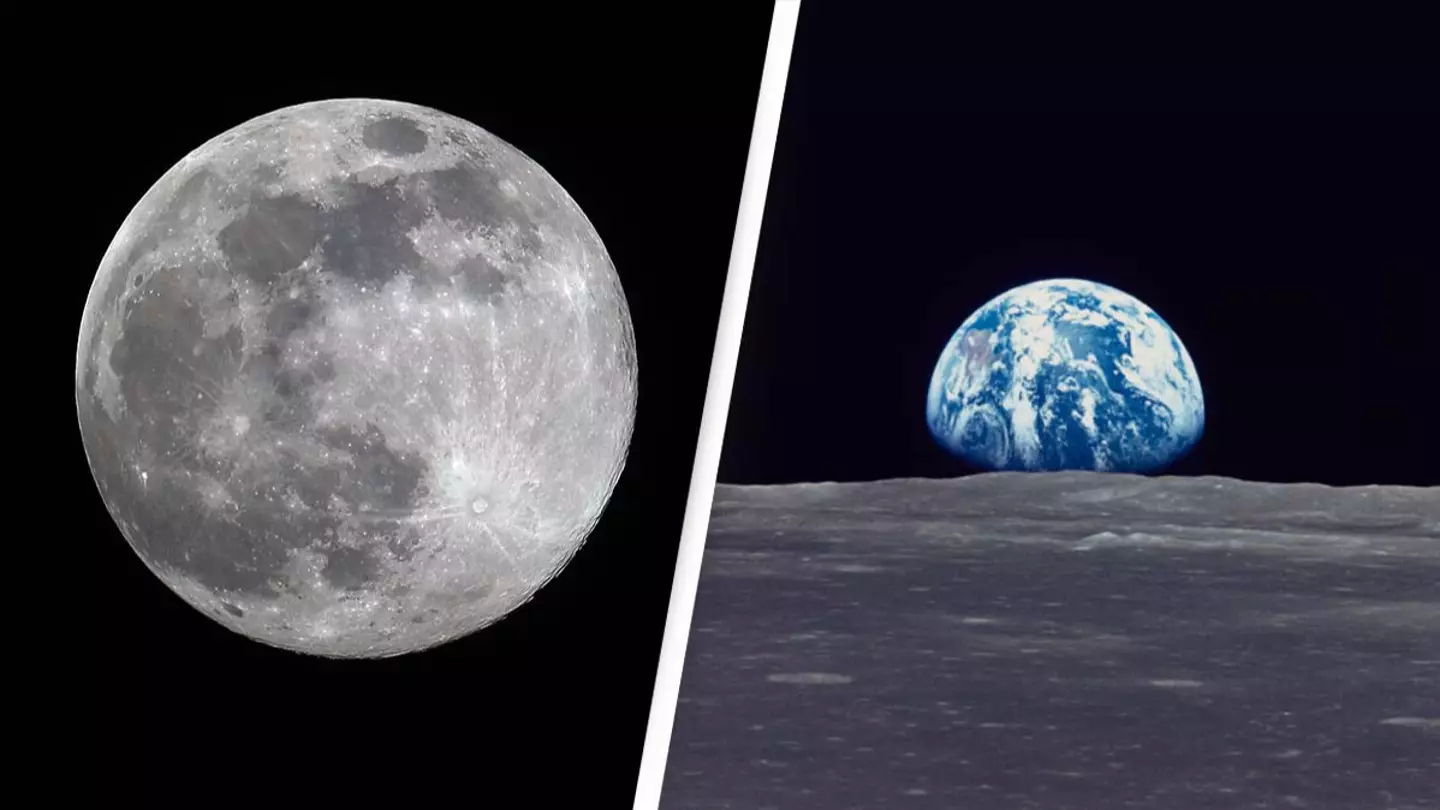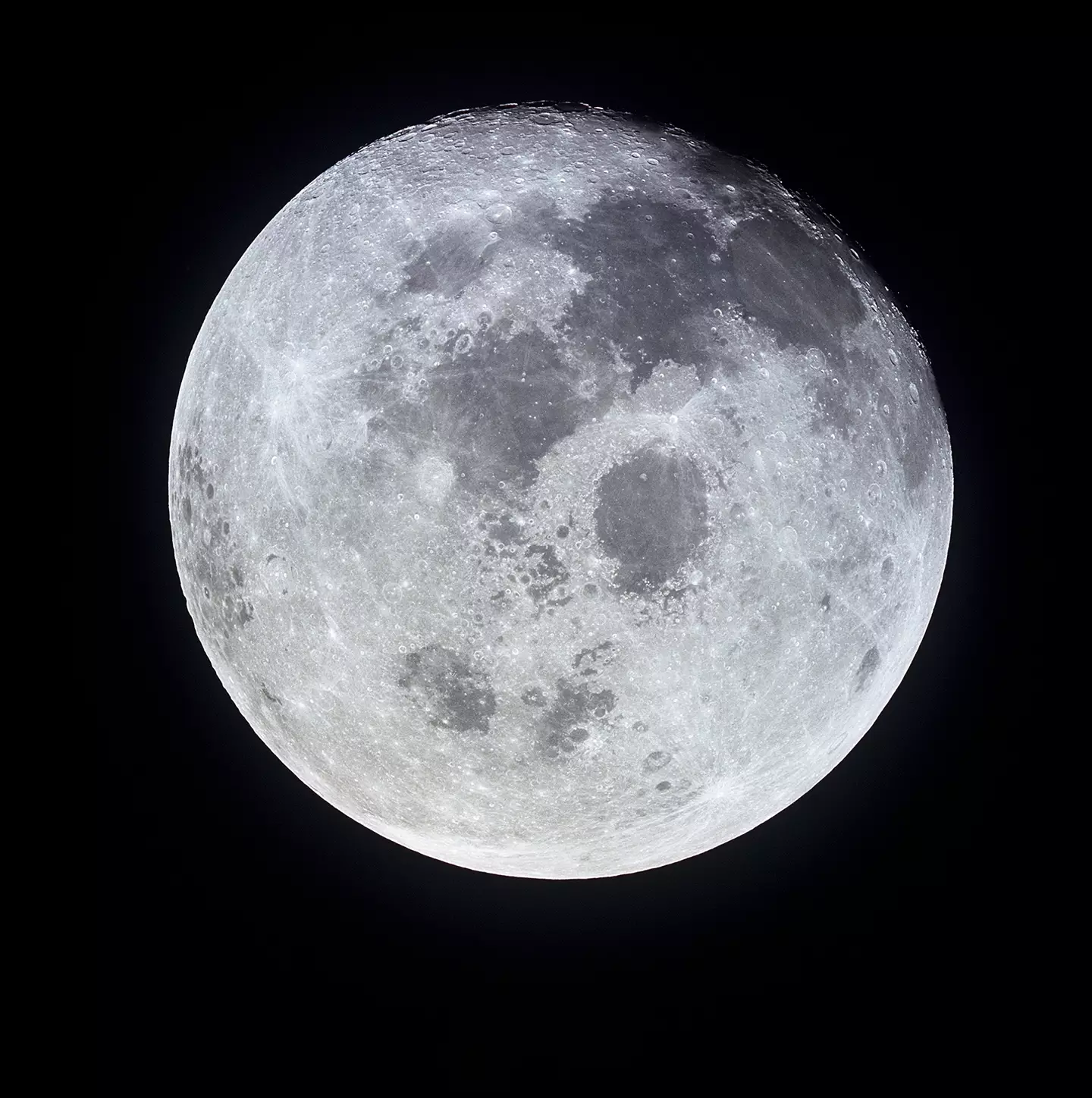
Scientists have discovered that as the moon drifts away from the Earth, the length of a day has slowly been increasing.
A group of researchers at the University of Wisconsin-Madison has concluded that over the course of millions of years, the gravitational pull between the Earth and its only natural satellite has been weakening.
This connection breakdown has apparently resulted in our planet spinning slower and has thus allowed the moon to pull sway at a snail's pace.
Advert
Upon studying the moon in relation to the Earth, scientists have concluded that the celestial body has been moving away at a rate of 3.82 centimetres per year.
Reportedly, this very small drift means that in 200 million years' time, a day on Earth will have increased from 24 hours to 25.
Speaking about the findings, co-author of the study, Professor Stephen Meyers of the University of Wisconsin-Madison, said: “As the moon moves away, the Earth is like a spinning figure skater who slows down as they stretch their arms out.”
As well as hypothesising on how long they believe a day to be in the distant future, scientists have also come to a conclusion regarding how long an Earth day was 1.4 billion years ago.

They believe that at one point, a day on the globe lasted just 18 hours.
As per a report posted by the aforementioned university, this is because the moon was once much closer to the planet and had a greater influence on the way it spun on its axis.
To uncover this information, the researchers have been using astrochronology - a method that links astronomical theory with geological observation.
“One of our ambitions was to use astrochronology to tell time in the most distant past, to develop very ancient geological time scales,” Professor Myers stated.
“We want to be able to study rocks that are billions of years old in a way that is comparable to how we study modern geologic processes.”
By studying sediments taken from a 90 million-year-old rock formation, Myers et al. have gained an insight into what they believe our solar system previously looked like.
“Beyond about 1.5 billion years ago, the moon would have been close enough that its gravitational interactions with the Earth would have ripped the moon apart,” Meyers explained.
Co-author of the study, Professor Alberto Malinvero has since said that he wants to delve deeper into the investigation.
“In the future, we want to expand the work into different intervals of geologic time,” he said.
Topics: Space, Technology, Science
